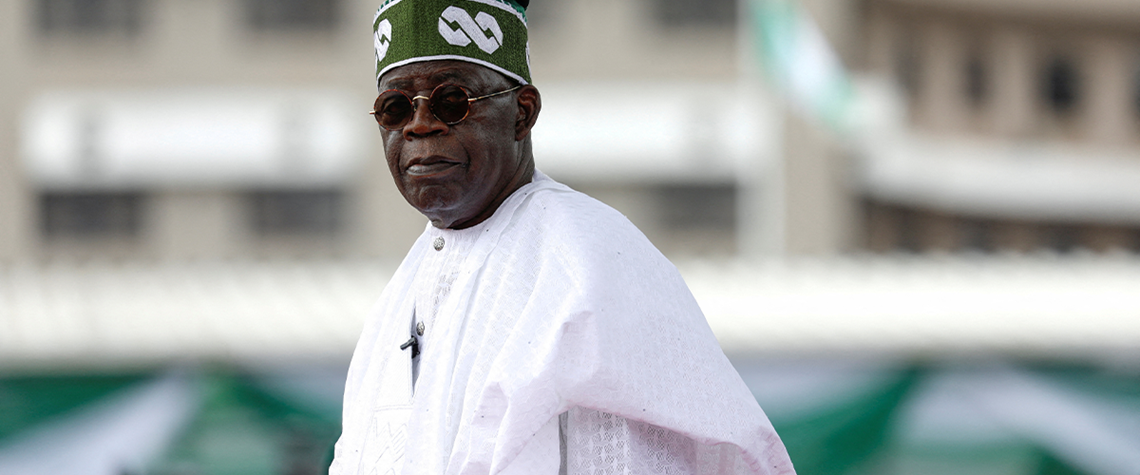Letter from Nigeria: New leader delivers shock therapy
President Tinubu has already targeted major reforms at the country’s dysfunctional downstream and upstream sectors, as well as overhauling monetary policy
Nigerians had low expectations of their new president, Bola Tinubu, who was elected with a record-low 36.61% of the vote in February. As co-founder of the All Progressives Congress party, which brought his predecessor Muhammadu Buhari to power in 2015, Tinubu was regarded as a continuity candidate, unlikely to deliver much-needed reform after eight years of sclerotic Buhari rule. However, Tinubu has made an immediate impact on Nigeria’s political economy, breaking the inertia that characterised Buhari’s tenure and upending the entire petroleum sector—starting with the downstream. Subsidy elimination Tinubu used his inauguration speech in May to end a nearly 50-year-old fuel subsidy. This had

Also in this section
11 August 2025
The administration is pushing for deregulation and streamlined permitting for natural gas, while tightening requirements and stripping away subsidies from renewables
8 August 2025
The producers’ group missed its output increase target for the month and may soon face a critical test of its strategy
7 August 2025
The quick, unified and decisive strategy to return all the barrels from the hefty tranche of cuts from the eight producers involved in voluntary curbs signals a shift and sets the tone for the path ahead
7 August 2025
Without US backing, the EU’s newest sanctions package against Russia—though not painless—is unlikely to have a significant impact on the country’s oil and gas revenues or its broader economy








